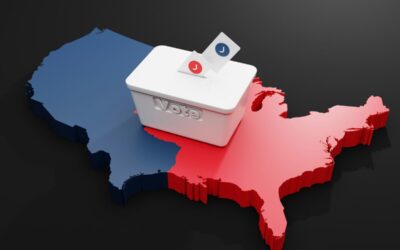- CPI at 4.2% in October – up from 3.1% in September
- Increase driven by energy bills after the price cap jumped at the start of the month
- Cost of goods and raw materials at the highest rates for 10 years
Danni Hewson, AJ Bell financial analyst, comments on the latest inflation figures:
“Anybody responsible for paying the household bills won’t be surprised by today’s inflation number. 4.2% might be slightly above where it had been predicted to fall for October but just look at the prices motorists are paying at the petrol pumps, the demand for used cars sky-rocketing and of course the wholesale cost of gas which continues to put small suppliers out of business. The energy cap which protects consumers from those price hikes was itself a contributor to this month’s inflation figures as it rose substantially just as the temperatures began to fall and nights closed in.
“Just about everything is getting more expensive, though at least when it comes to the cost of goods and services in bars and restaurants we can point to a specific event as VAT jumped up from 5% to 12.5%. But many other pressures forcing prices up seem rather less than transitory. The cost of goods leaving the factory gate have surged to a ten-year high and supply bottle necks, labour shortages and rising commodity prices don’t look like fizzling out in a hurry.
“Now more than double the Bank of England’s inflation target, this number is only expected to rise. The Bank itself expects 5% by spring next year, an expectation which will send a chill through many households already feeling the painful squeeze and realising that squeeze isn’t going to be short lived. The Bank’s governor Andrew Bailey has admitted he’s worried by the figures and had given serious thought to hiking rates earlier this month.
“The question is what good would it do. Very little in the immediate aftermath seems to be the answer especially as a rate rise wouldn’t solve the global chip shortage, geo-political tensions or shortages of crucial supplies like gas. But a rate rise will send a signal, it might give employers a slight pause before they plump for the cheque book to solve their recruitment issues. Yesterday’s jobs figures coupled with today’s inflation numbers could be a recipe for stagflation, a situation no government, no country wants to experience. Adding 0.25% to the mix might stop it over proving without affecting the overall bake. The Bank doesn’t want to act too soon, to undermine recovery, or to act if its move will only add to the pain for cash strapped consumers, but it will now be under increased scrutiny.”





